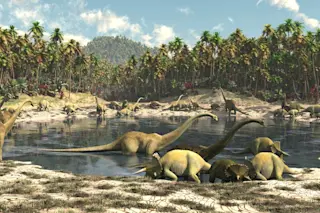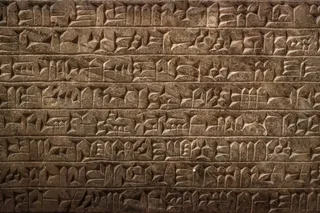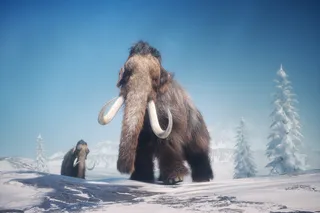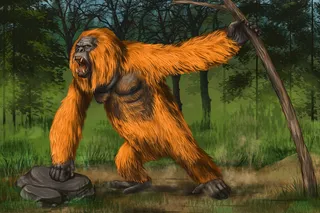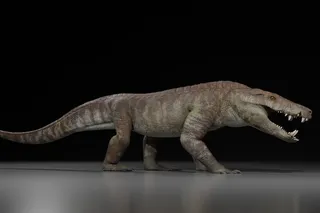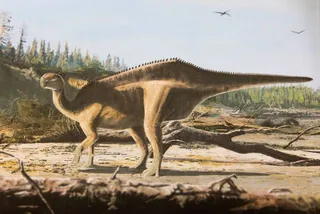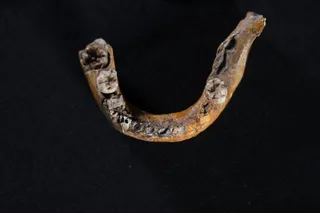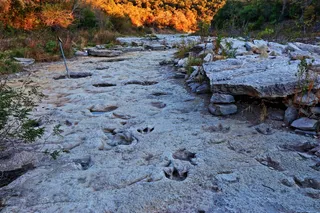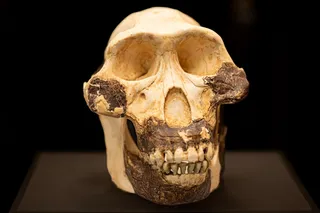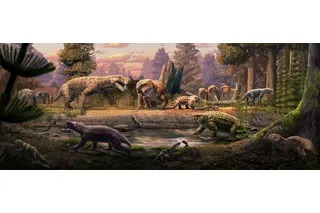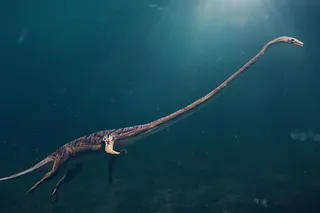Dinosaurs might not have dental records, but their fossilized teeth offer fascinating clues into their dietary habits. Inspecting chemical signatures stored in the enamel, scientists writing in Palaeography, Palaeoclimatology, Palaeoecology found that different species of herbivores had different preferences and were partial to different parts of the plant — a fact that enabled vast and diverse ecosystems to flourish for millions of years.
“It’s really just more proof that this ecosystem was as spectacular as we thought it was,” lead author Liam Norris, a recent doctoral graduate at the University of Texas’ Jackson School of Geosciences, said in a press release.
A set of Diplodocus teeth sampled by researcher Liam Norris. (Image Credit: Liam Norris)
Liam Norris
The dinosaurs subjected to this particular dental inspection were found in the Early Tithonian Carnegie Quarry at Dinosaur National Monument, an emporium of fossils on the border of Utah and Colorado. The site ...



